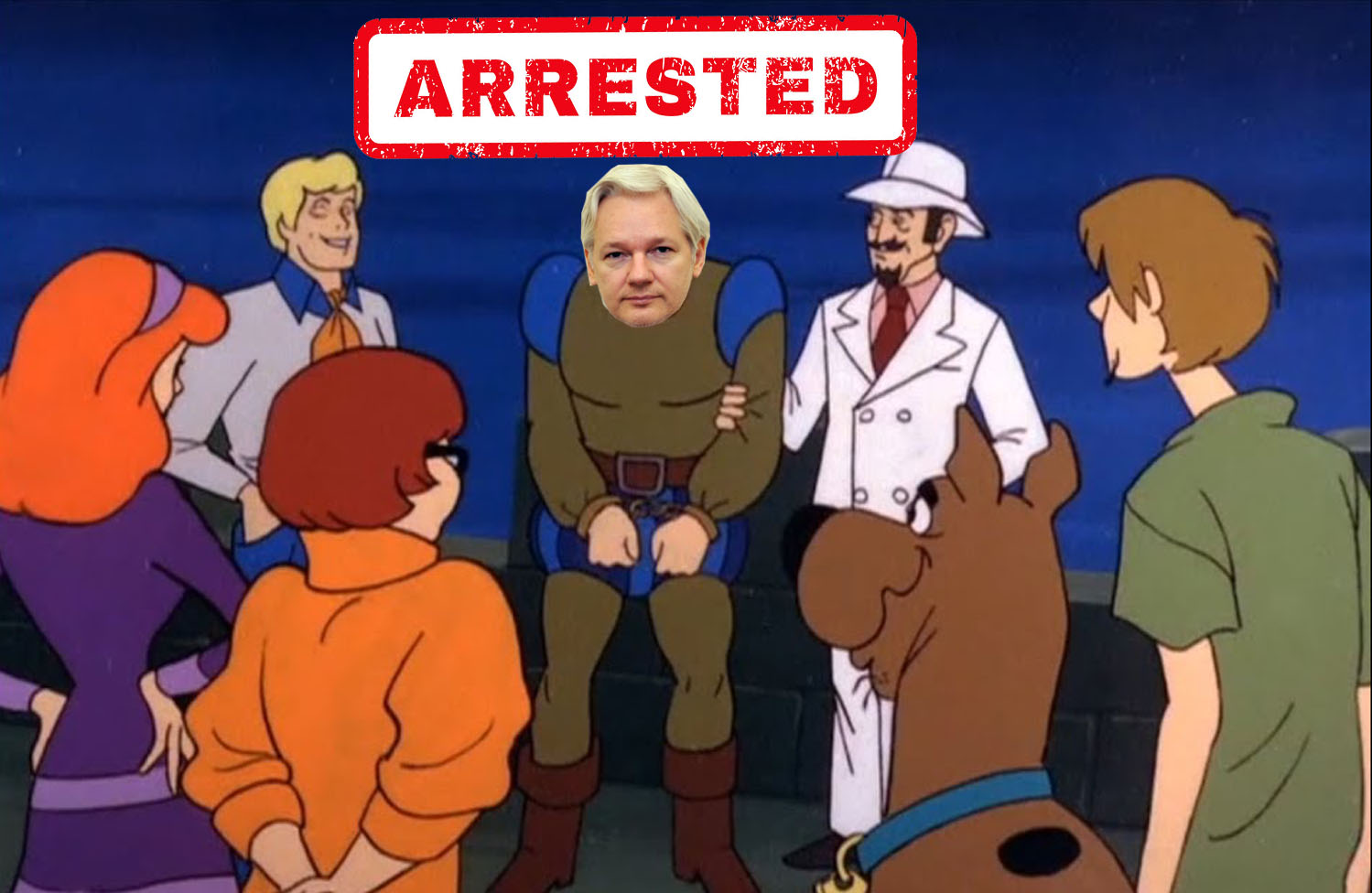If we consider, for sake of argument, that declassified data is the most valuable resource a country can possess, then it would make sense that a nation’s government would lose their collective minds if their data was compromised. Over a decade ago, a man by the name of Julian Assange founded WikiLeaks, a website dedicated to releasing declassified government documents to the public in the name of global transparency. Assange’s actions earned him the colloquial label of being a “whistleblower.”
If you’ve yet to study political science or just simply don’t understand several words in the English language, a whistleblower is any person who learns of unethical/illegal activity and reports it to the proper authorities. From a legal standpoint, when someone working at a company does this, it is illegal to share their name with other employees, and one would assume the U.S. government would hold true to the same ideals.
Regrettably for Mr. Assange, this was not the case.
In the year after the website went live, WikiLeaks had over 1.2 million declassified documents in its database. Though this was, at the time, a significant amount of information released to the public by the site, it wasn’t until 2010 that WikiLeaks took center stage for the world to see. In April 2010, the whistleblower website posted released secret documents pertaining to American military involvement in Iraq and Afghanistan, including graphic “videos of U.S. bomb strikes on civilians,” according to the site at the time.
In the video released from WikiLeaks, an airstrike from an Apache helicopter gun-sight shows the unprovoked attack on Iraqi civilians that resulted in the death of twelve people, among them was Reuters photographer, Namir Noor-Eldeen. The released video, albeit graphic and desensitizing, was the first glimpse Americans got into what actually takes place between the U.S. military and the countries they engage in conflict.
Using the power of modern time-traveling technology, let’s get everyone up to snuff. As of Thursday morning, Assange was arrested inside the Ecuadorian embassy for breaching his previously set bail conditions. According to the most recent statement released by the British Metropolitan Police:
“Julian Assange, 47, (03.07.71) has today, Thursday 11 April, been further arrested on behalf of the United States authorities, at 10:53hrs after his arrival at a central London police station. This is an extradition warrant under Section 73 of the Extradition Act. He will appear in custody at Westminster Magistrates’ Court as soon as possible…”
–MET Police Statement
Per the arrest details released via WikiLeak’s official twitter account, Assange was taken into custody under a U.S. extradition warrant on conspiracy charges for releasing classified information in partnership with former army intelligence analyst, Chelsea Manning. Following his arrest, the United States Justice Department’s prosecutors confirmed that Assange is being accused of trying to hack into a classified U.S. computer. According to TechCrunch, Assange and Manning allegedly worked together to figure out the password to gain entrance onto a U.S. government server, referred to as SIPRNET.
What’s incredibly interesting and worth paying attention to is the response time from U.S. government officials at the slight chance that Assange was en route to discovering damaging information. In general, the documents and photographs released through WikiLeaks contained information that, for the most part, should’ve been made public quite some time ago. As a whistle blower, Assange was purely trying to let Americans know what the U.S. government has been up to.
Prior to his arrest earlier today, Assange had been living in the Ecuadorian embassy which, as most people know, constitutes living on foreign soil. Because of this fact, the U.S.government had to go through the process of working with U.K officials to extradite Assange so that he could be tried on British soil.





